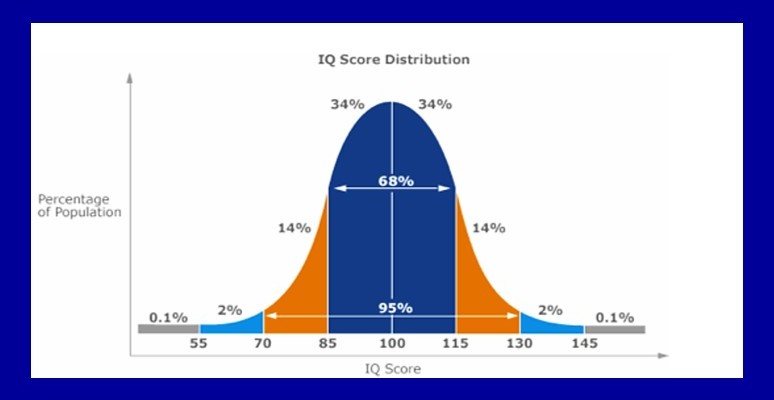This question comes up time and time again. Your view on it will most likely be determined by your educational background, your own personal experience and your understanding of dyslexia and learning difficulties. There are two distinct types of dyslexia; one is visual dyslexia and the other is phonological dyslexia....
Continue reading...
How do you go about getting an assessment or diagnosis for a struggling learner? This is a topic that I cover extensively in my book: Helping Children With Dyslexia. I wrote this book (currently in its 2nd edition) as a direct response to helping my three children who have now...
Continue reading...
Major parental confusion sets in… here’s whyAnother FAQ By Liz DunoonBelow is a common example of an email I get from parents. This one is from Barbara* When I was reading this for the first time I thought – I’M CONFUSED… No wonder Barbara is. I find the best way...
Continue reading...
In a nondescript, state-of-the-art lab in Oechsle Hall at Lafayette College in Pennsylvania, USA Associate Professor of Psychology and Neuroscience, Lisa Gabel monitors her students. Her undergrads are assessing how lab rats negotiate a maze, which is similar to a virtual maze that children will navigate with a joystick on...
Continue reading...
The Wechsler Intelligence Scale for Children-III (WISC-III) is a series of tests for 6 to 17 year olds that evaluates intellectual abilities. The WISC-III consists of two scales, the Verbal Scale and the Performance Scale. Each of these scales has several subtests. The Wechsler tests form one part of an...
Continue reading...























